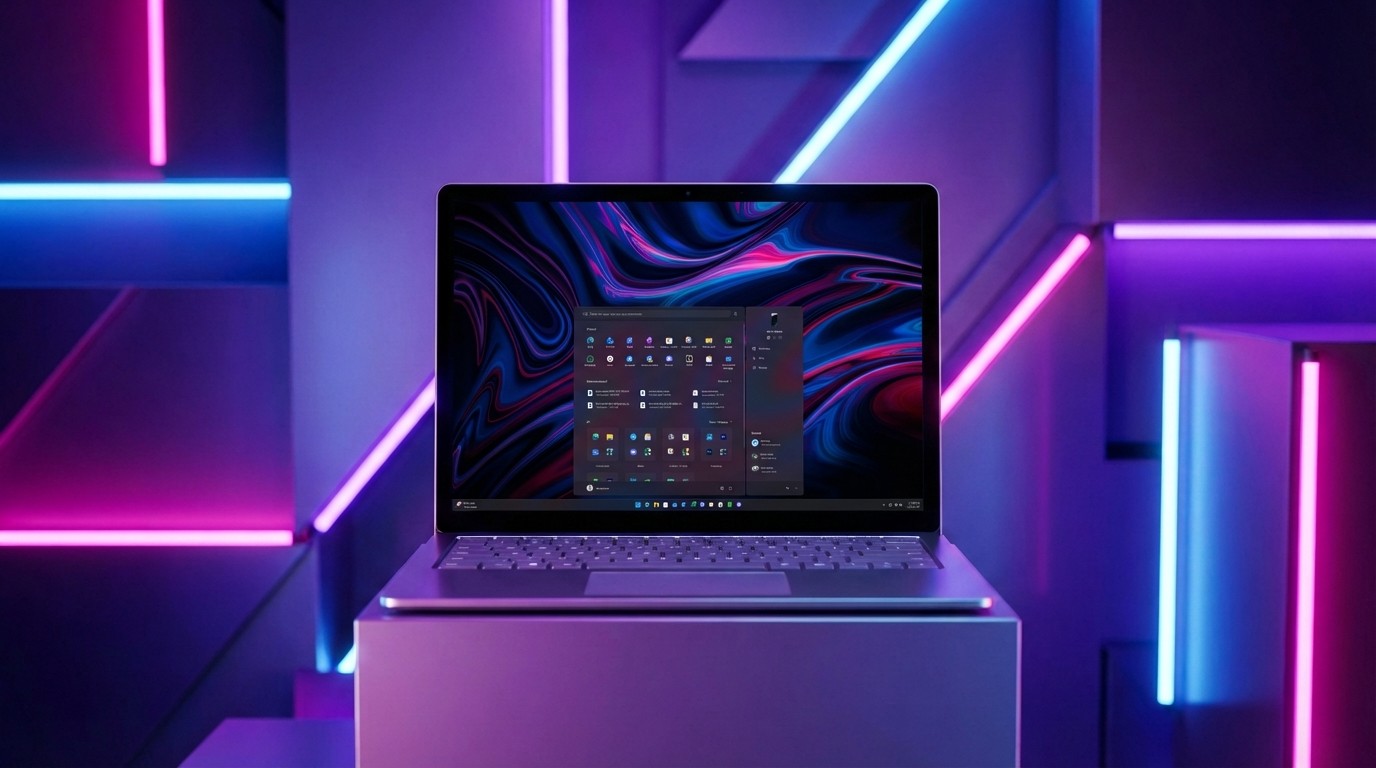Investigation shows Bing displaying, suggesting child pornography
A new report finds that child pornography is disturbingly easy to find in Bing's image search.

All the latest news, reviews, and guides for Windows and Xbox diehards.
You are now subscribed
Your newsletter sign-up was successful
Bing has a problem with child porn, a new investigation has found. A report conducted by online safety firm AntiToxin at the behest of TechCrunch found that Bing would readily display child pornography in its image search results. Further, the search engine would suggest related terms to search for.
According to the report, AntiToxin found that Bing would surface the illegal imagery when queried for a handful of search terms, including "porn kids" and "nude family kids." The researchers also found that Bing would suggest related search terms, specifically when searching for images related to online video chat service Omegle.
Bing's "Similar Images" feature also served up additional illegal images related to the original search terms.
In a statement to TechCrunch, Jordi Ribas, Microsoft's Chief Vice President of Bing and AI Products, responded:
Clearly these results were unacceptable under our standards and policies and we appreciate TechCrunch making us aware. We acted immediately to remove them, but we also want to prevent any other similar violations in the future. We're focused on learning from this so we can make any other improvements needed.
A Microsoft engineering team was tasked with banning and cleaning up search terms and results found in the report, and the company is working on banning similar searches. Further research by AntiToxin, however, showed that some search terms still return illegal imagery.
Going forward, Microsoft told TechCrunch, the company is planning to add more categories for users to report through content flagging. In response to a question about how the problem occurred, a Microsoft spokesperson told TechCrunch: "We index everything, as does Google, and we do the best job we can of screening it. We use a combination of PhotoDNA and human moderation but that doesn't get us to perfect every time. We're committed to getting better all the time."
Still, there's no doubt that this is a disturbing failure on Bing's part. As the report notes, similar searches conducted with Google "did not produce as clearly illegal imagery or as much concerning content as did Bing."
All the latest news, reviews, and guides for Windows and Xbox diehards.

Dan Thorp-Lancaster is the former Editor-in-Chief of Windows Central. He began working with Windows Central, Android Central, and iMore as a news writer in 2014 and is obsessed with tech of all sorts. You can follow Dan on Twitter @DthorpL and Instagram @heyitsdtl.
